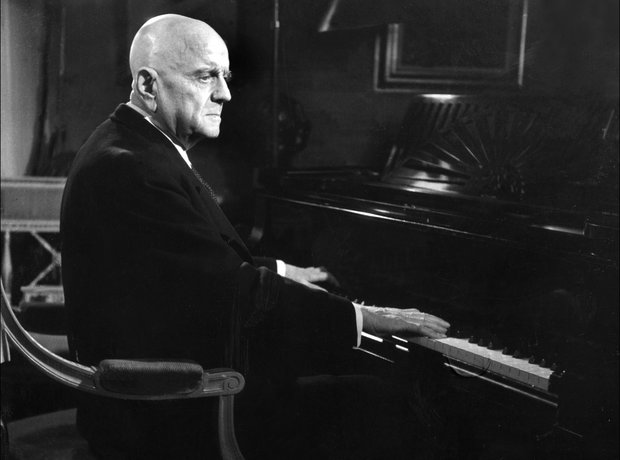
10 Fascinating Facts about Jean Sibelius
Jean Sibelius was a towering figure in the realm of classical music, celebrated for his evocative symphonies, tone poems, and chamber music. Born Johan Julius[…]
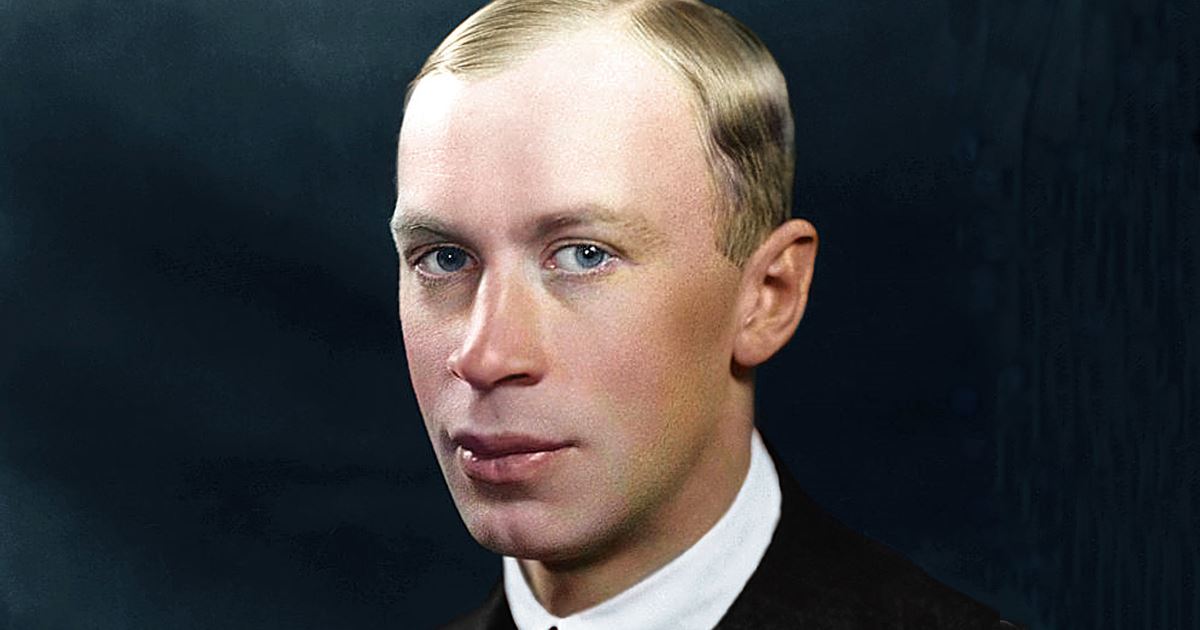
Sergei Prokofiev – Biography and History
Sergei Sergeyevich Prokofiev was a titan of 20th-century classical music, renowned for his innovative compositions that bridged the traditional and the avant-garde. Born on April[…]
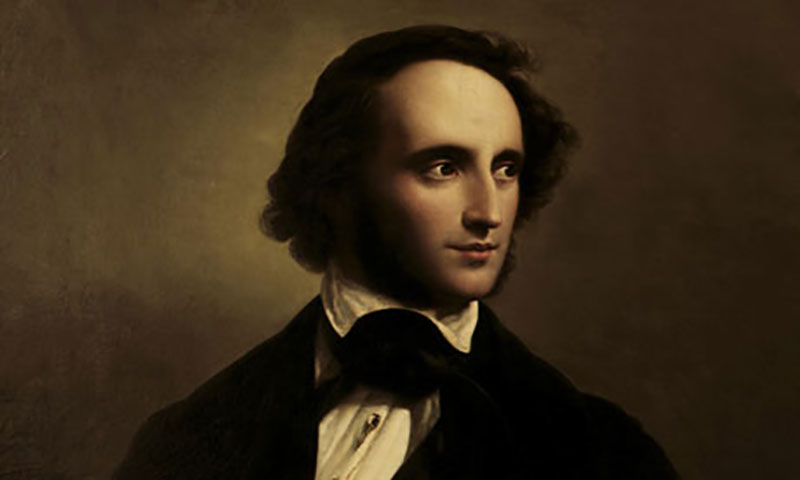
Felix Mendelssohn – Biography and History
Felix Mendelssohn Bartholdy, often referred to simply as Felix Mendelssohn, was a prominent composer, pianist, conductor, and music educator of the Romantic era. Born on[…]

Jean Sibelius – Biography and History
Jean Sibelius, born Johan Julius Christian Sibelius on December 8, 1865, in Hämeenlinna, Finland, emerged as one of the most prominent figures in classical music[…]
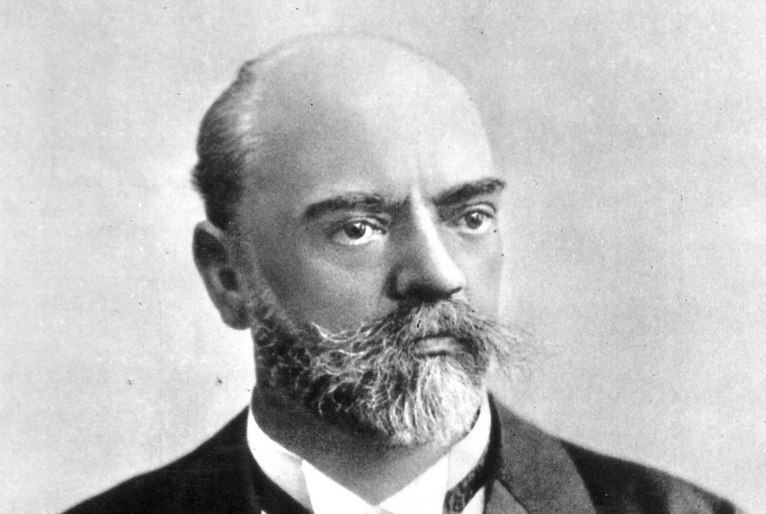
Antonín Dvořák – Biography and History
Antonín Dvořák, one of the most celebrated composers of the Romantic era, was born on September 8, 1841, in Nelahozeves, a village near Prague, which[…]
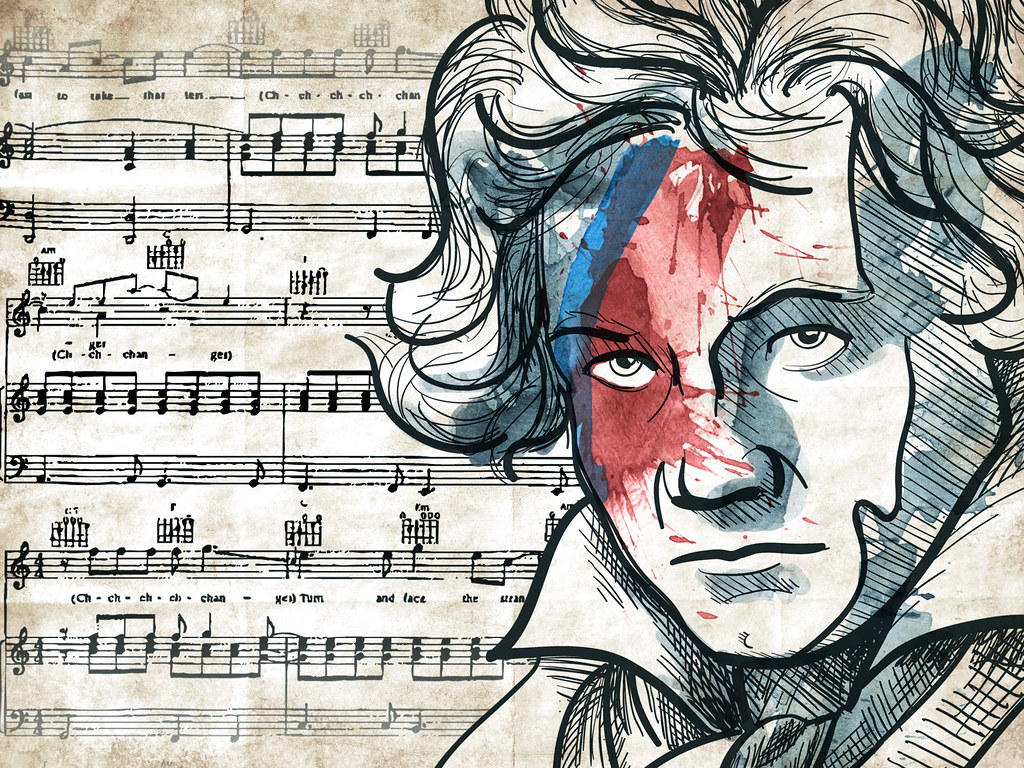
Ludwig van Beethoven – Biography and History
Ludwig van Beethoven, one of the most influential figures in the history of classical music, was born in Bonn, Germany, on December 17, 1770. His[…]
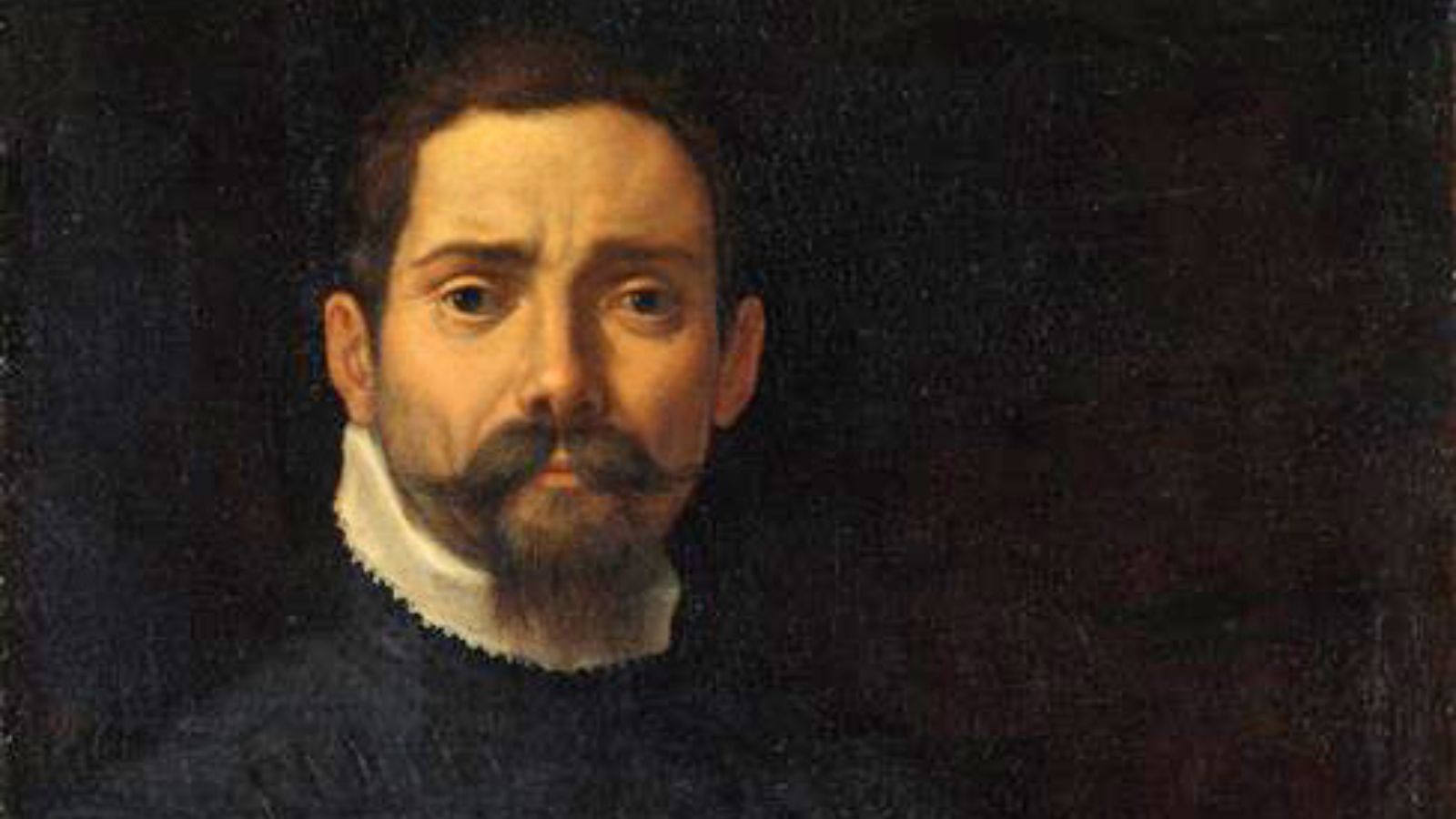
10 Fascinating Facts about Giovanni Gabrieli
Giovanni Gabrieli was a pivotal figure in the development of Renaissance music, particularly in the realm of polychoral compositions. Here are 10 fascinating facts about[…]
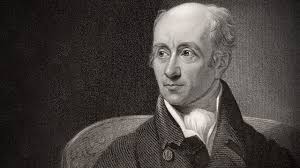
10 Fascinating Facts about Muzio Clementi
Muzio Clementi, an Italian composer, pianist, and conductor, left an indelible mark on the classical music landscape of the late 18th and early 19th centuries.[…]

Muzio Clementi – Biography and Life
Muzio Clementi, an Italian composer, pianist, conductor, and music publisher, left an indelible mark on the landscape of classical music during the late 18th and[…]
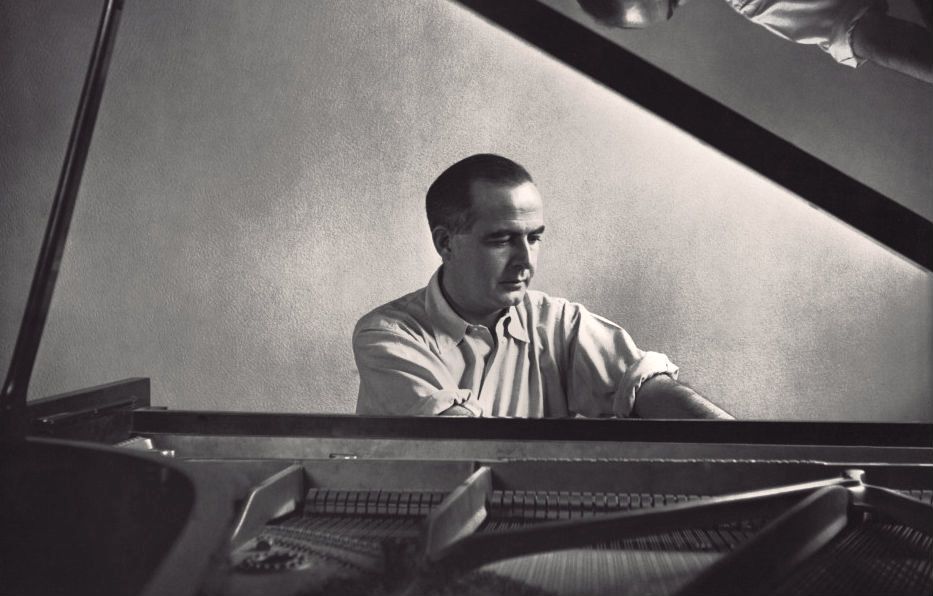
Samuel Barber – Biography and Life
Born on March 9, 1910, in West Chester, Pennsylvania, Samuel Osborne Barber II was destined to become one of America’s most celebrated composers. From an[…]